Cargó
The
End
... I am not sure if I know what this is fully about. Or perhaps I do, and then I understand it even less, as nothing would be more disappointing than a clear, definitive “reading” of the work. I’m biting my lip. If I were forced to answer, I’d say “It’s an exploration of the psyche of migration.” At least this statement is true to the book’s original intent, as it is to my immigrant experience.
Blind
Weight
Migration is a leap into the void. It is an experience that isn’t particularly misunderstood, but rather unrecognized, like languages we’ve vaguely heard at some point in our lives, but to which we aren’t able to attach a body.[1]Or temperatures and distances that, measured in unaccustomed units, can be assimilated, yet only half-rhymed. It is an experience hidden in the invisible weight of opposites – the collision of the old and the new world, the social and the personal, empathy and intellection, the immemorial and factual remembrance of things.
“Story
seeks precipice, form
seeks artifice …” —Bolaño
This book has been in the making for more than ten years. At some point, I began to put together first sequencing blocks to serve as thinking points. During that time, I was reading Gaston Bachelard's The Poetics of Space and came across his fascinating analogy of memory to a three-story house: The main floor represents the everyday reality. The attic, where light only partially penetrates, represents “the memorial” – the things we don’t necessarily think about every day, yet are able to retrieve or refer to through tangible objects such as documents or family albums, or through mere recollection of facts and events. Finally, there’s the cellar, where light doesn't penetrate at all, representing “the immemorial” – meaning the things that are part of us, but extend beyond the reach of memory or factual record. Referring to Carl Jung, Bachelard further explores the phenomenon of the dual image of cellar and attic. The duality is the following:
“Here the conscious acts like a man, who, hearing a suspicious noise in the cellar, hurries to the attic and, finding no burglars there decides, consequently, that the noise was pure imagination. In reality, this prudent man did not dare venture into the cellar.”[2]
Fascinated that Bachelard’s writing so acutely echoed my visual exploration, I initially wanted the book to emulate the house of memory, but it felt contrived, if not decorative.
Cargó
I was standing on the platform at the Brighton Beach station, still obsessed with the idea of the house of memory, when I saw a slender young woman with a large piece of luggage. The luggage almost matched her in size, yet the woman didn’t seem dressed for travel. I thought to myself, “Perhaps she’s gathered all of her possessions in search of a new home.” As I got on the train, I thought of a piece of luggage, a suitcase layered with the three forms of memory, a kind of existential baggage to be carried at all times. Hence, the title Cargó was born.
As if packed and stored within a piece of luggage, these images, or fragments of living, represent layers of memory – the memorial, the immemorial, and the everyday. This cargo, seemingly disordered and lacking consistent narrative, is nothing more than a repository of an intimate, yet collective existence.
[1]Roberto Bolaño, “Words from Outer Space”, in: Between Parenthesis, trans. Natasha Wimmer (New York: New Directions, 2011), p. 84.
[2] Carl Gustav Jung as cited in: Gaston Bachelard, The Poetics of Space, trans. Maria Jolas (Boston: Beacon Press, 1994), p. 19.
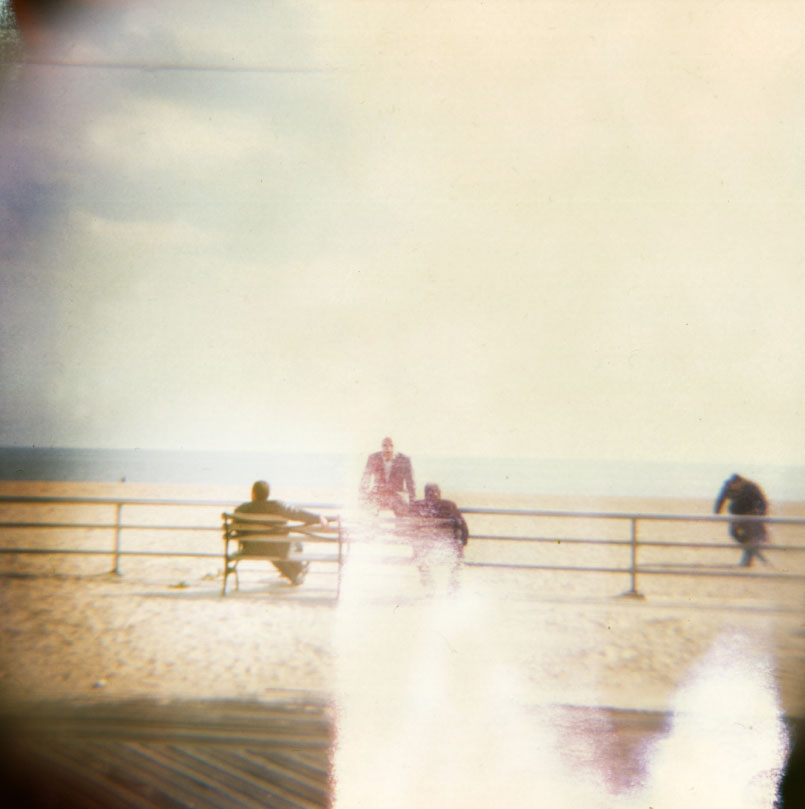
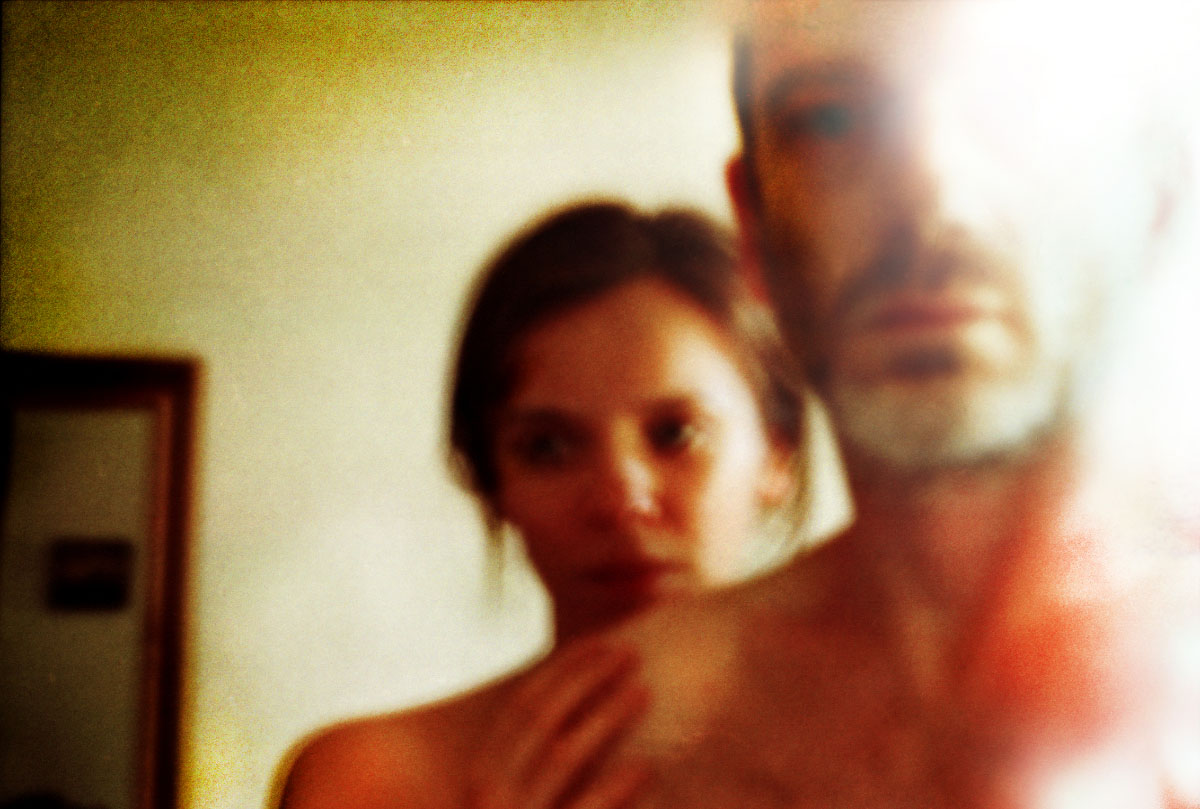
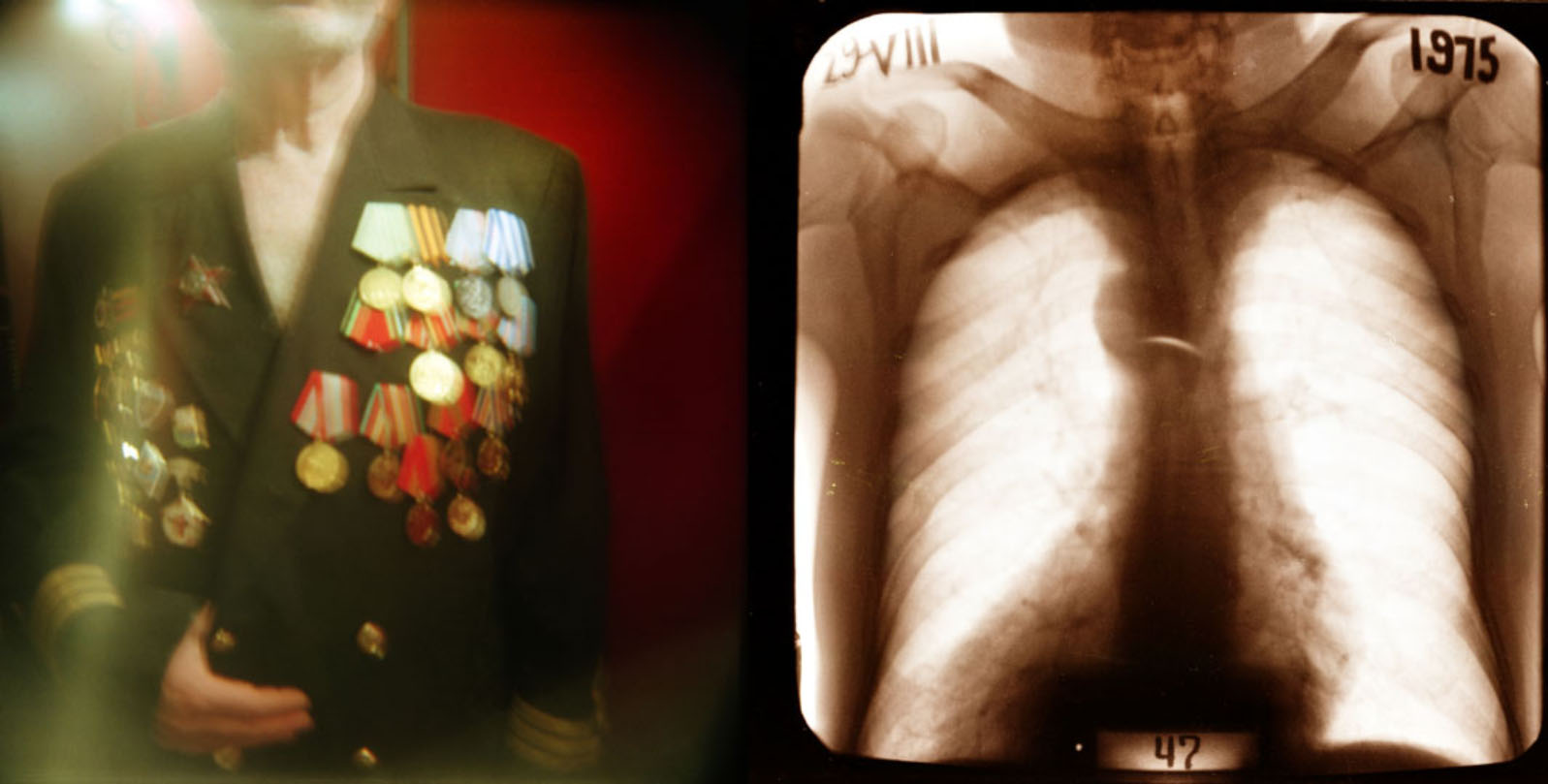

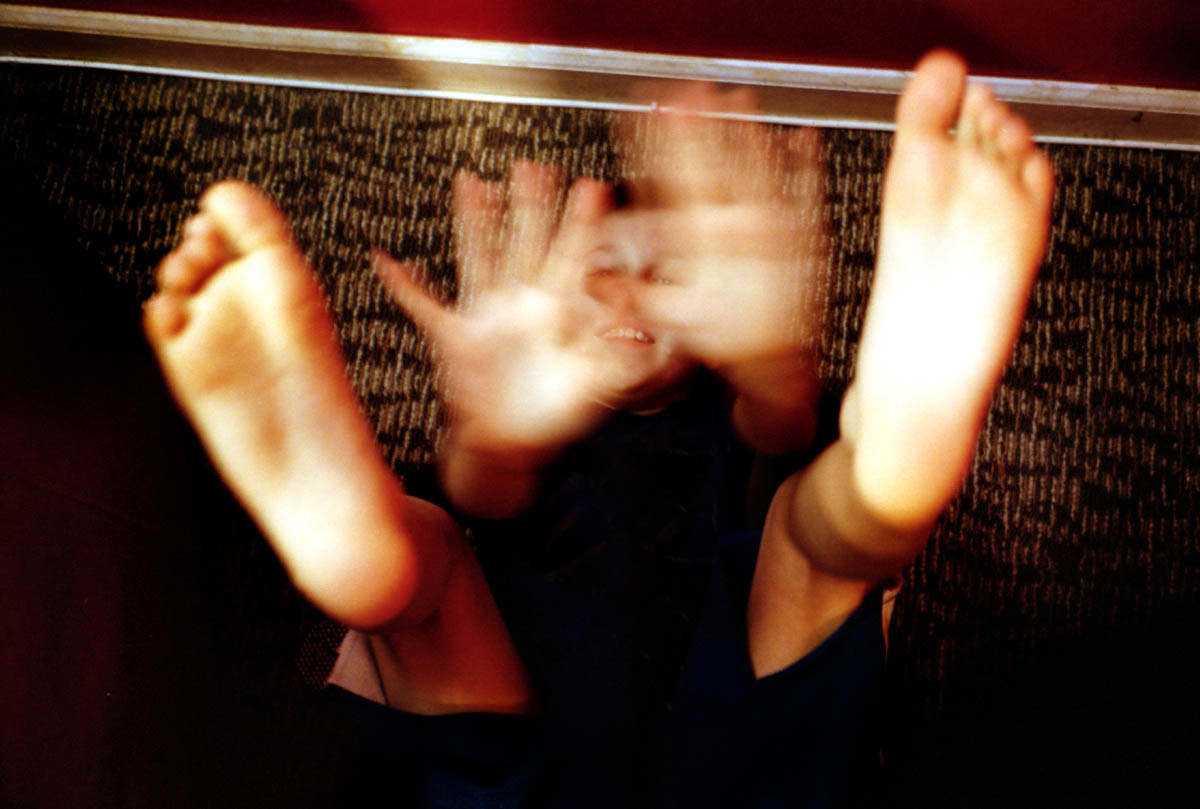
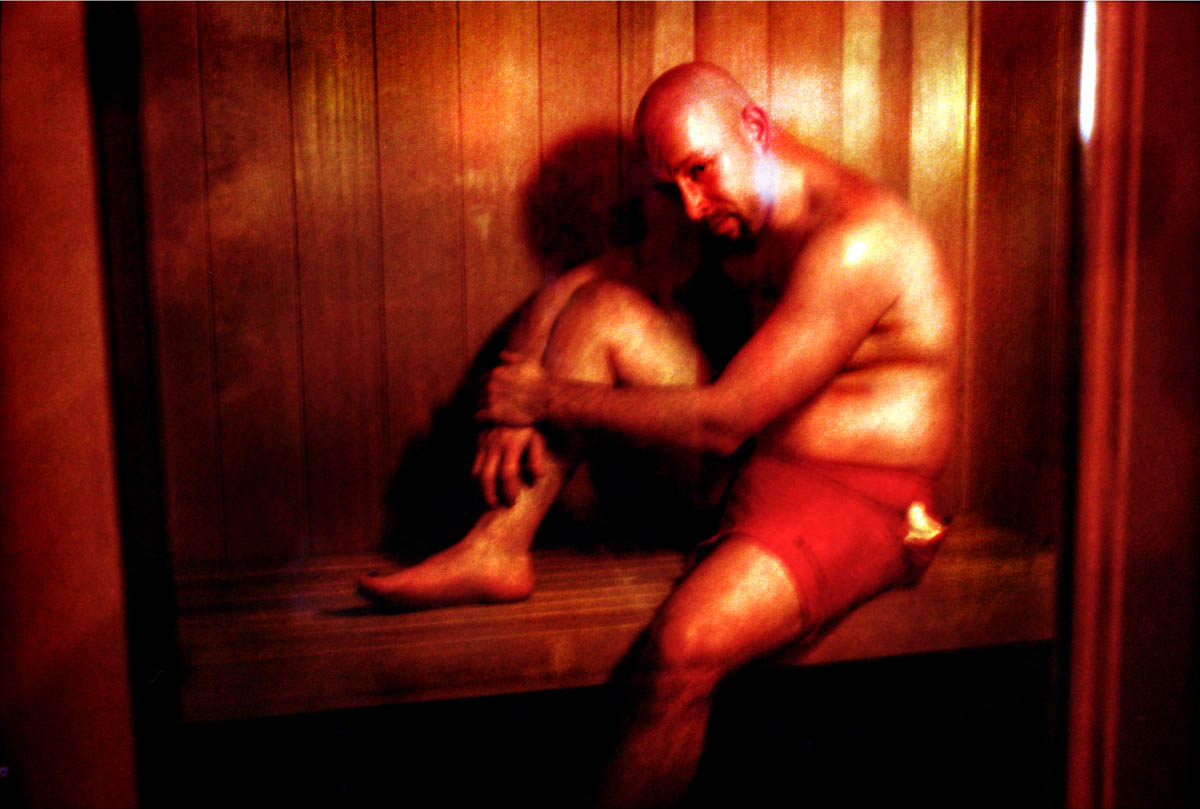
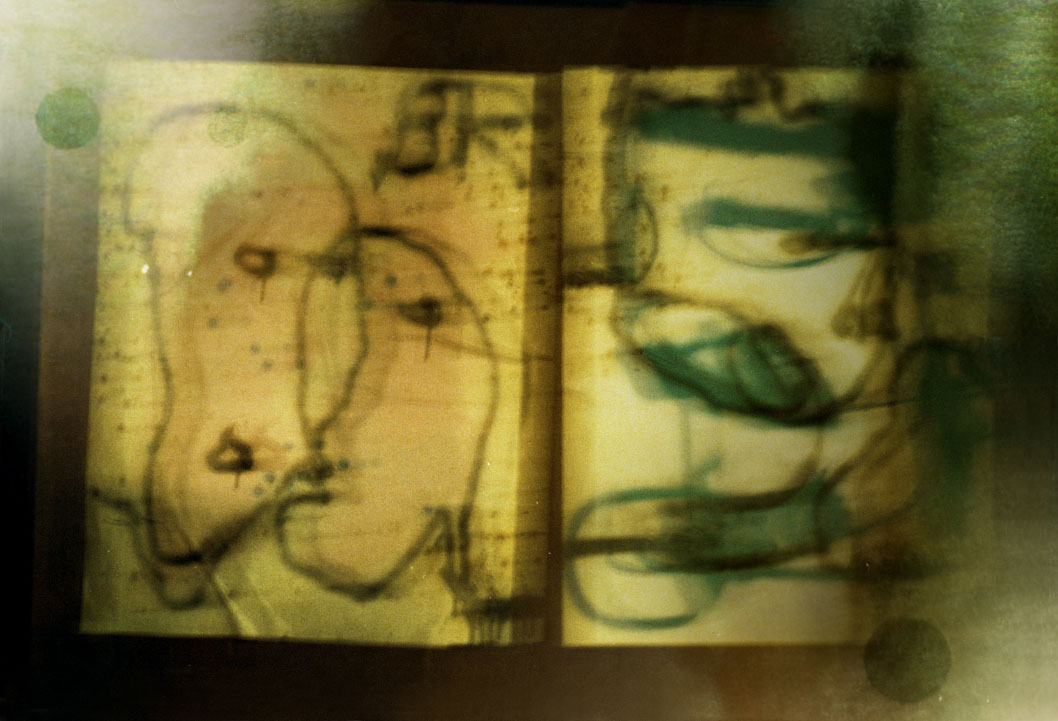
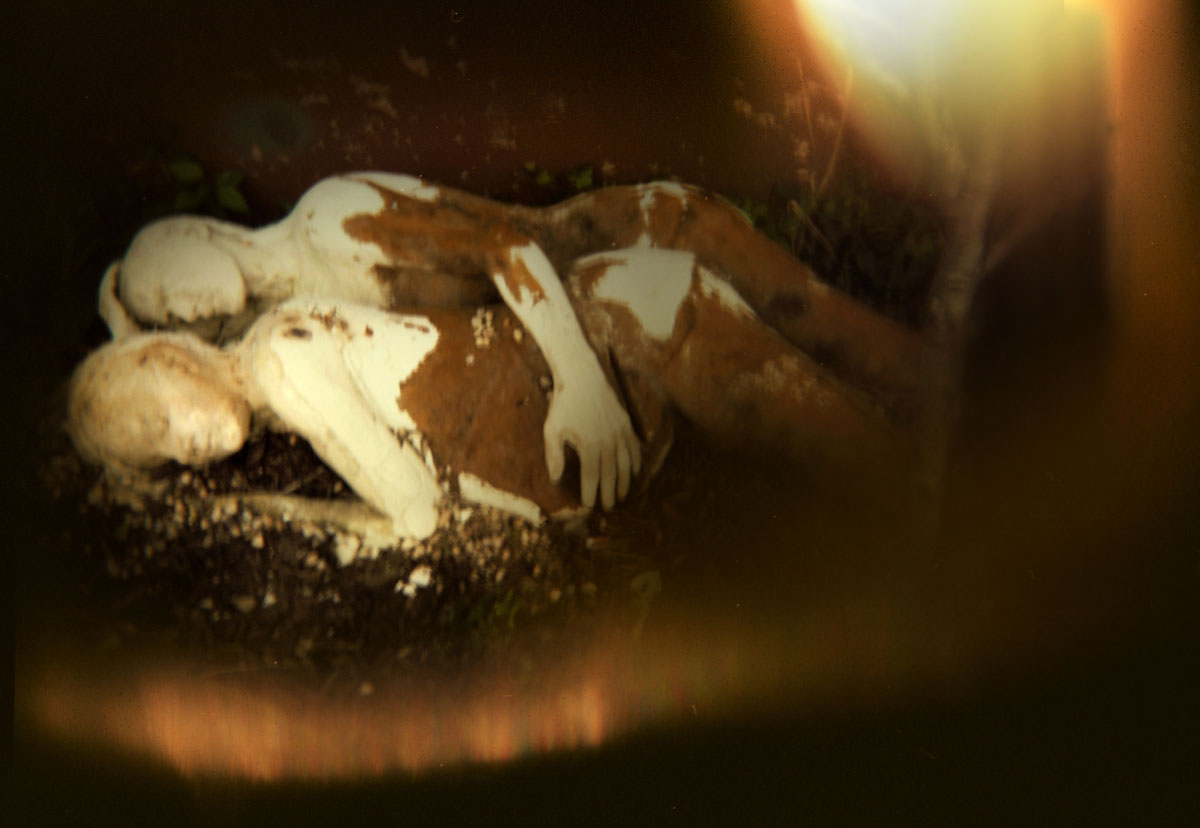
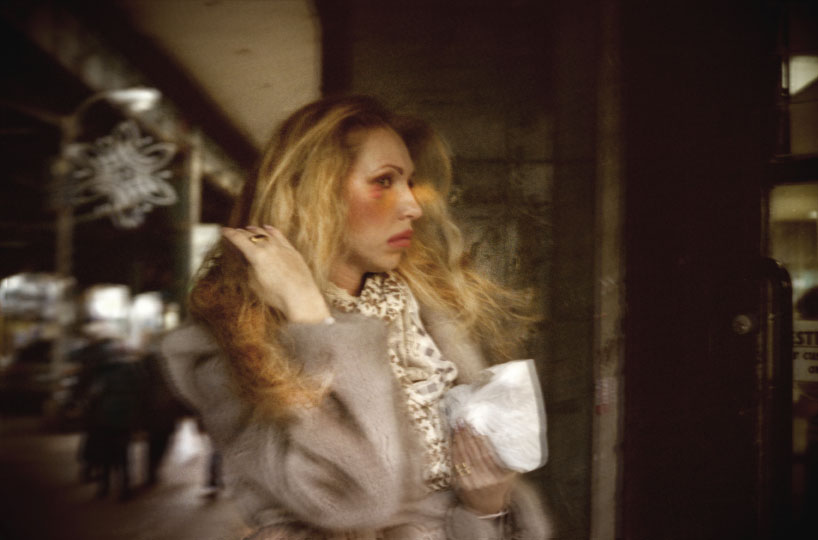
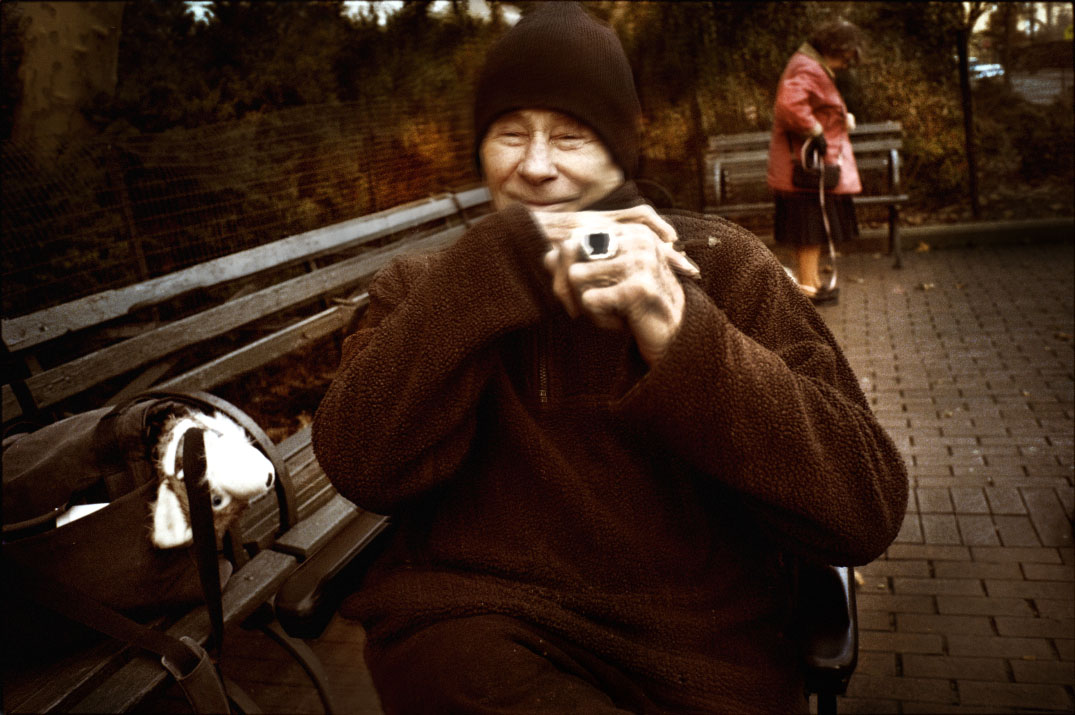

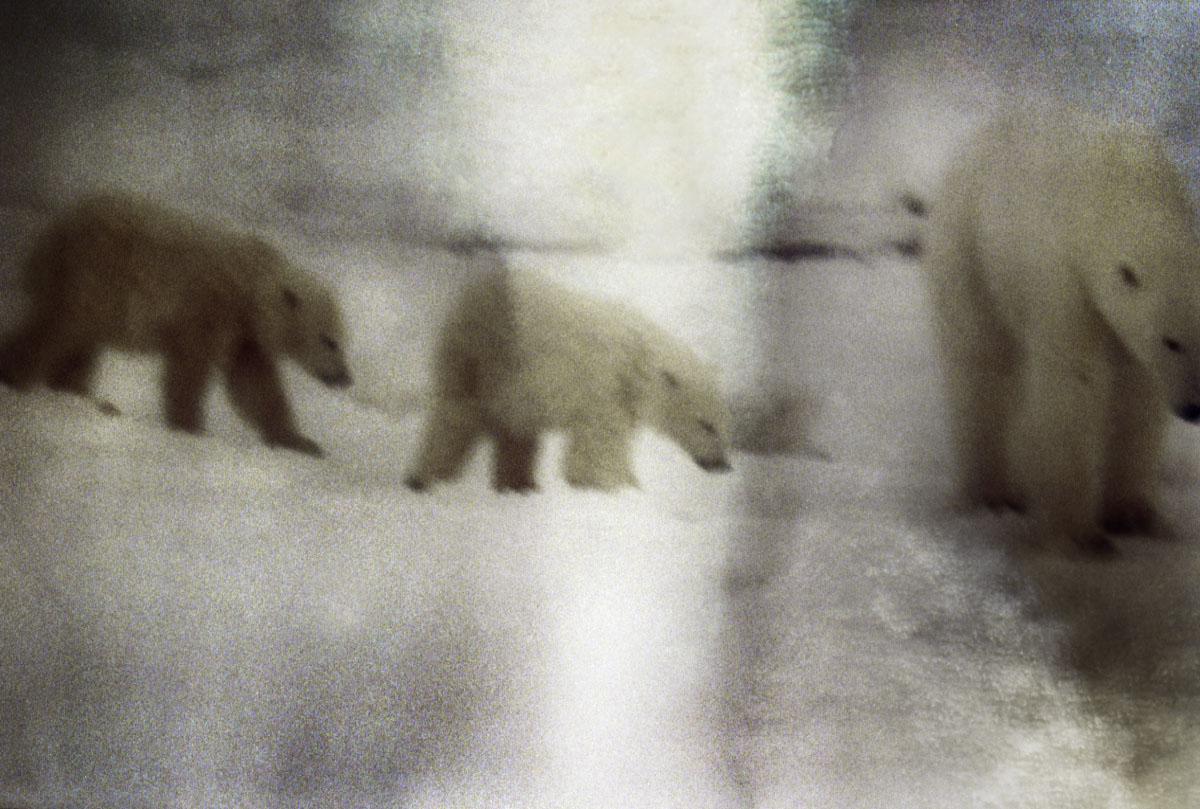
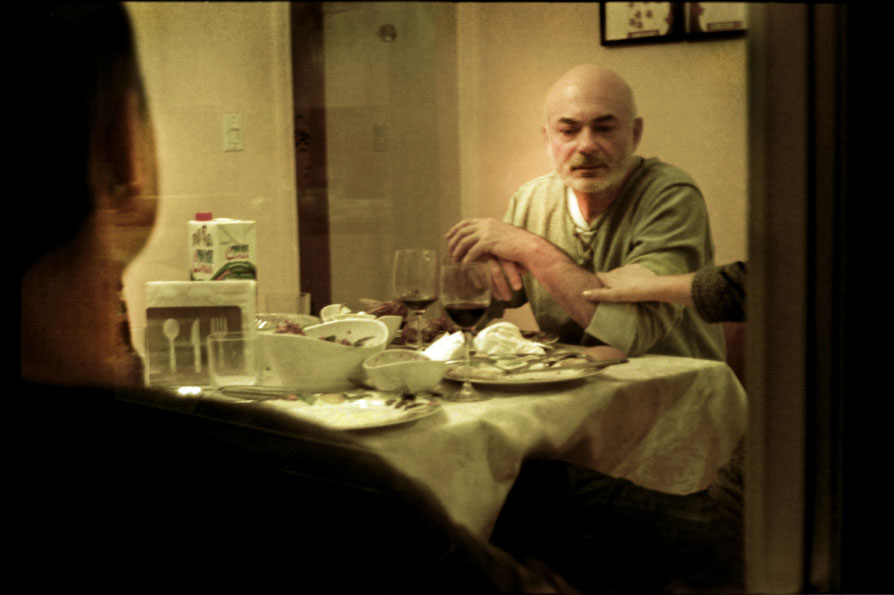
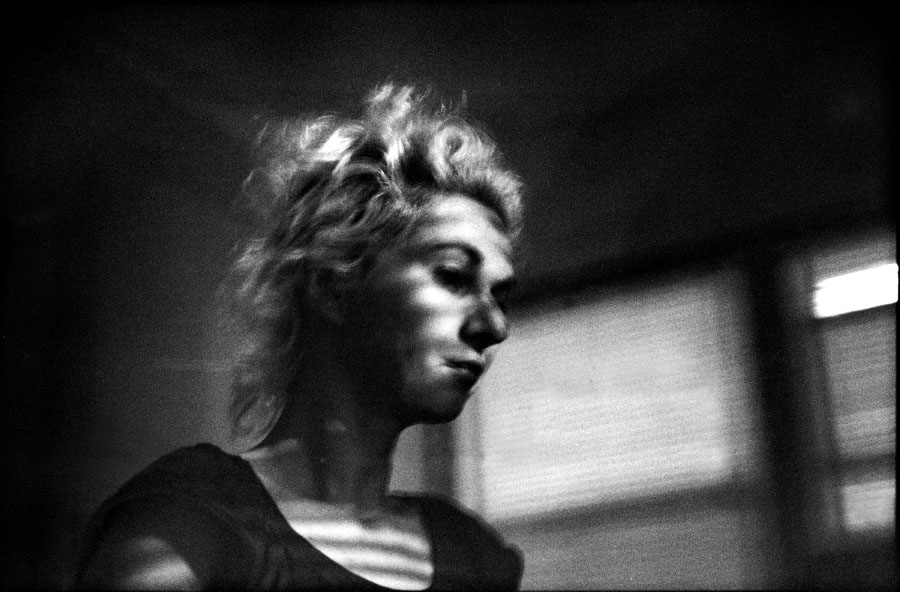
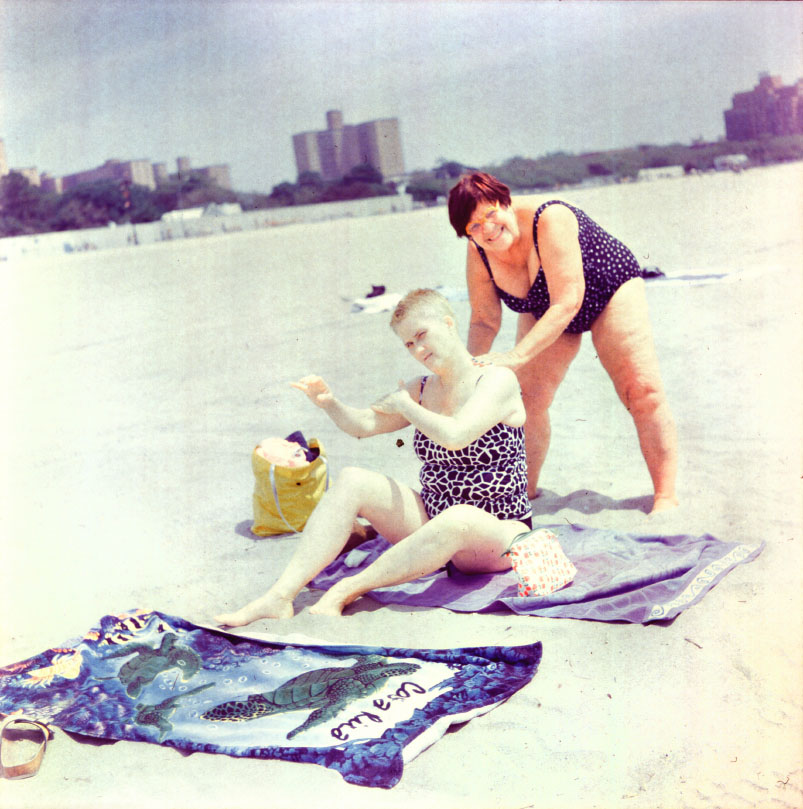
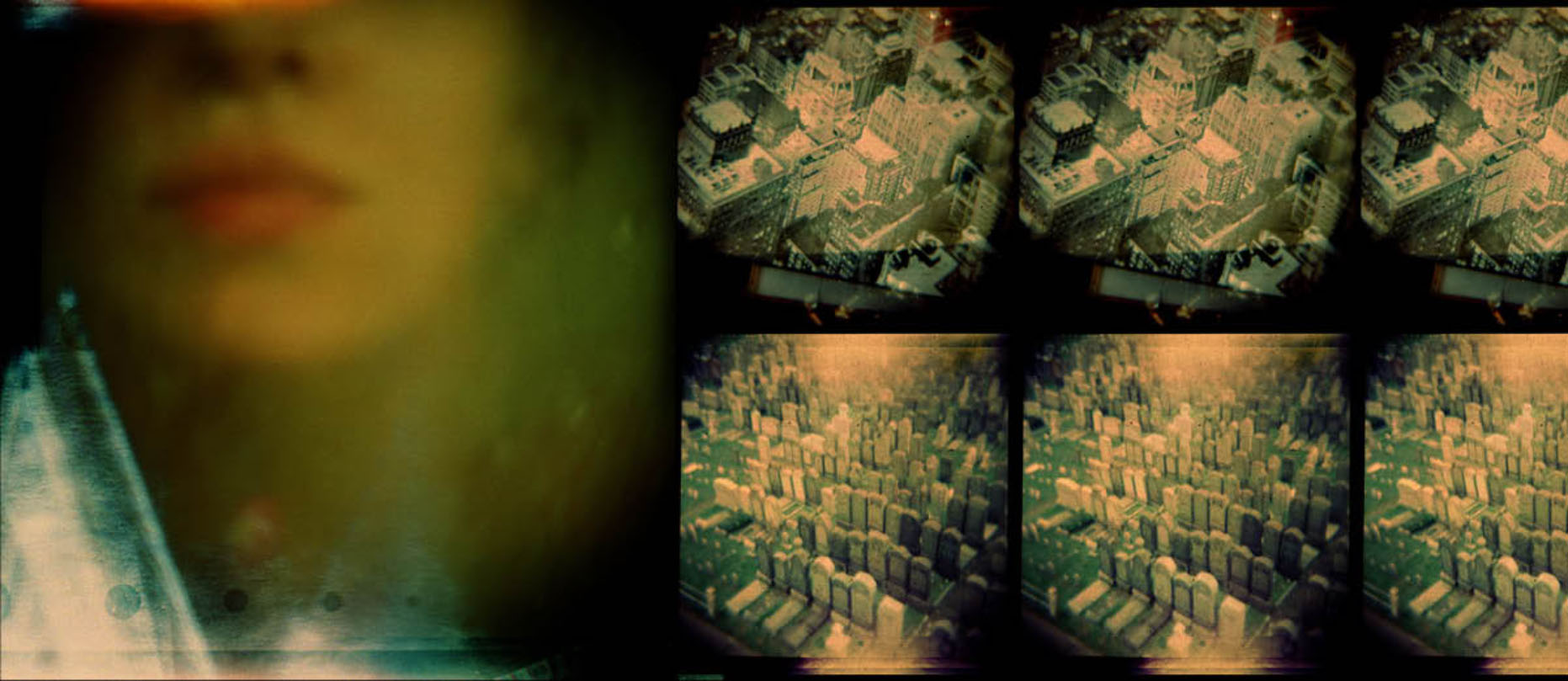
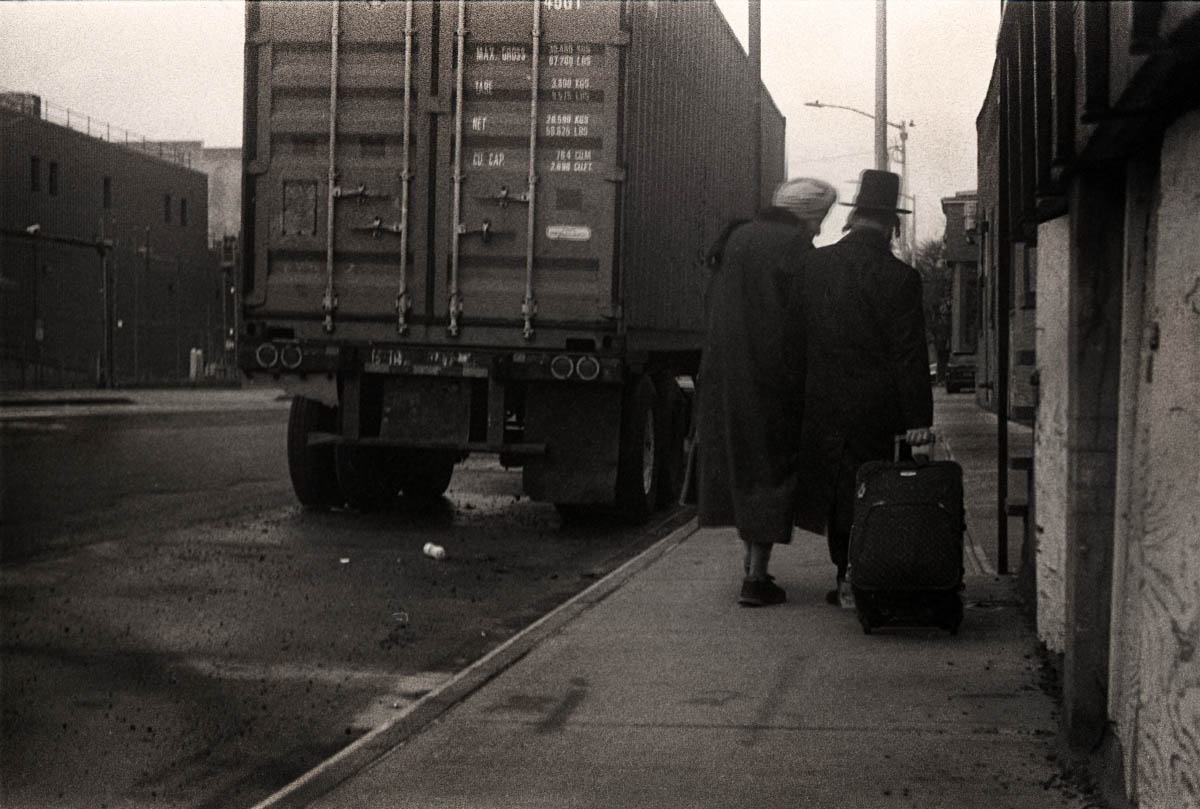
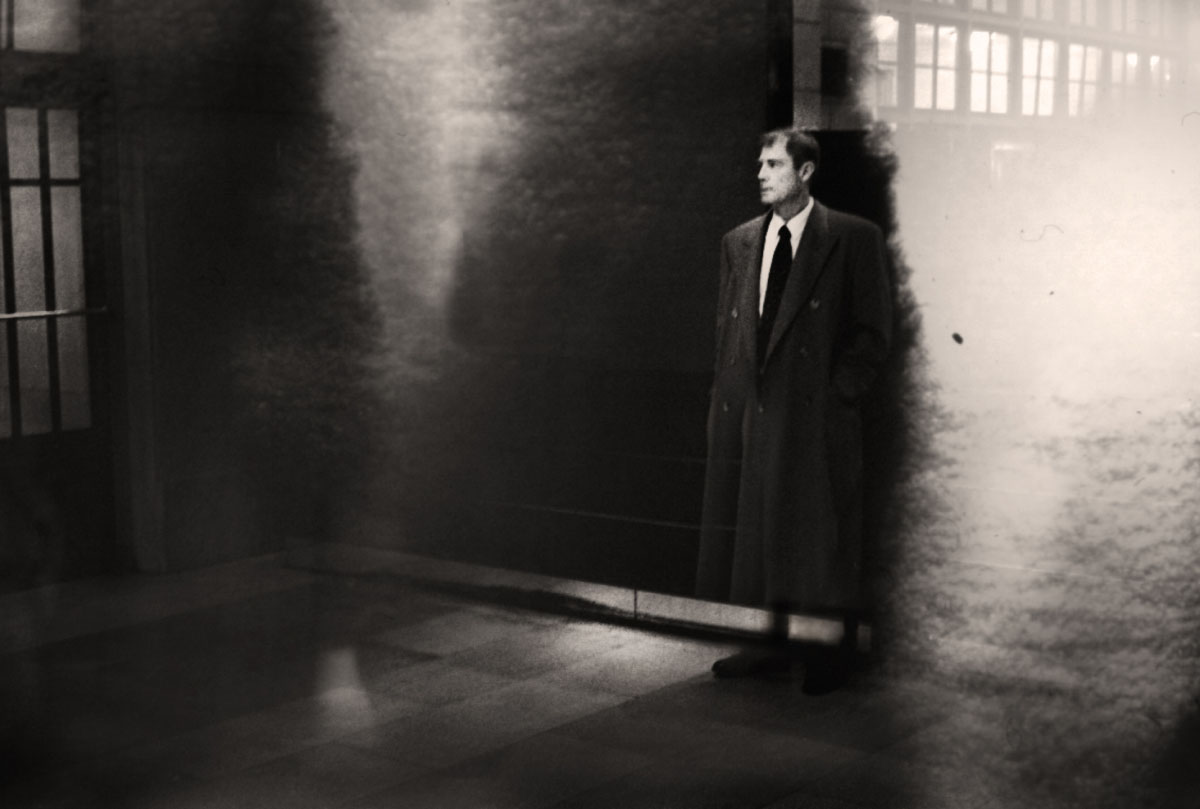
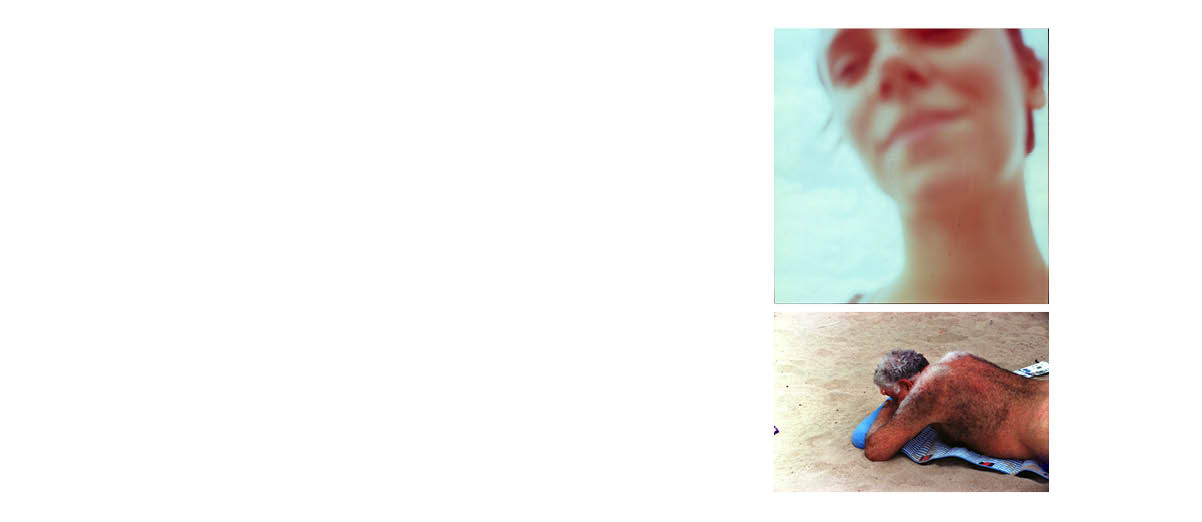
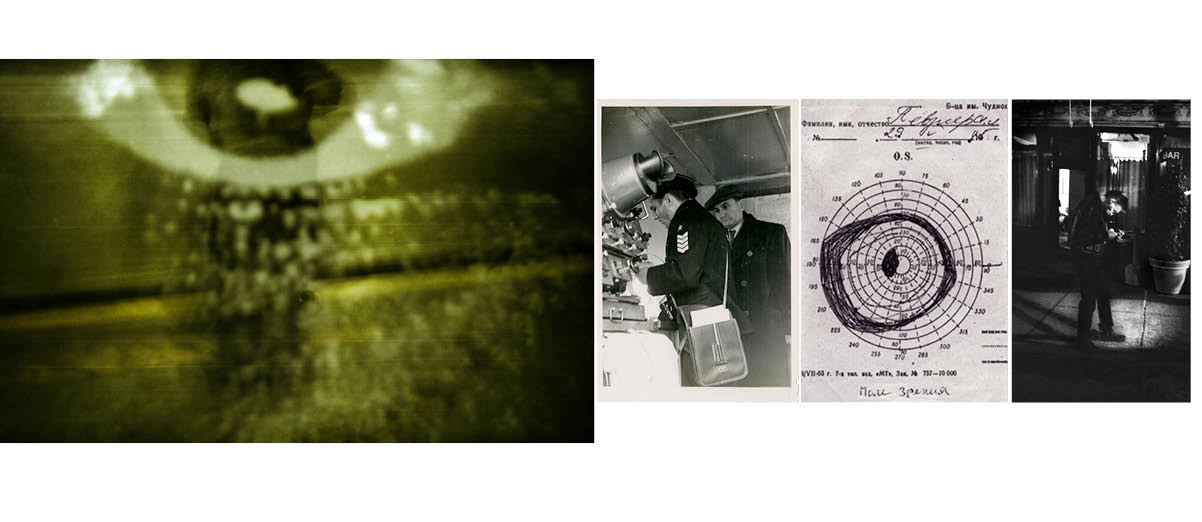



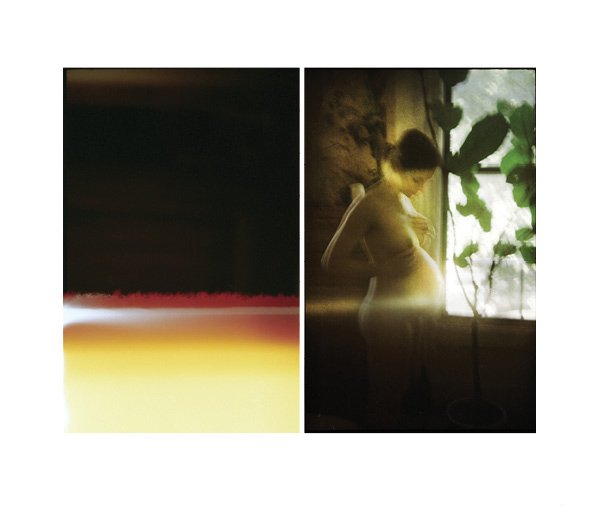
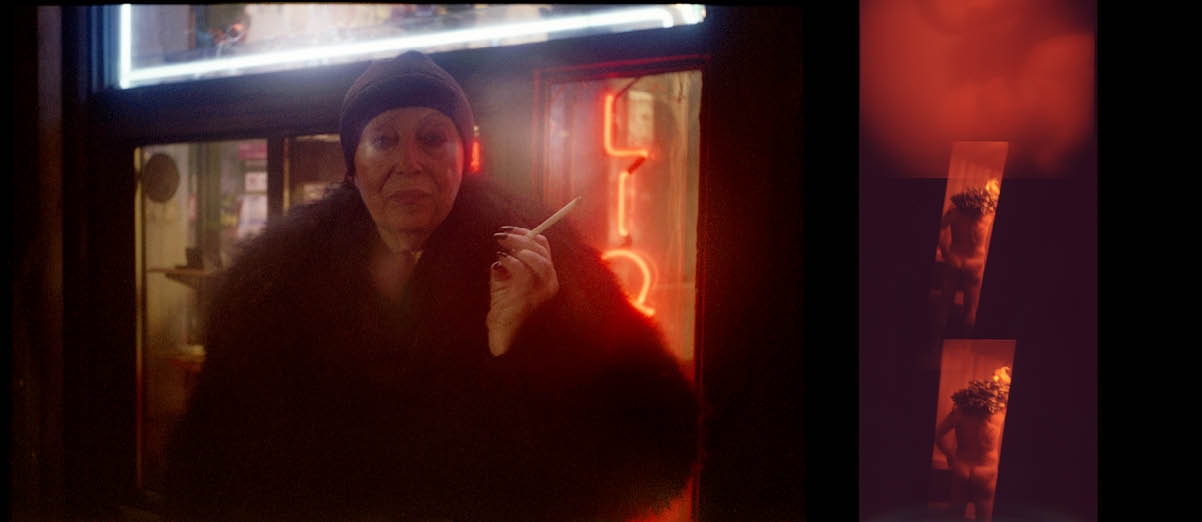
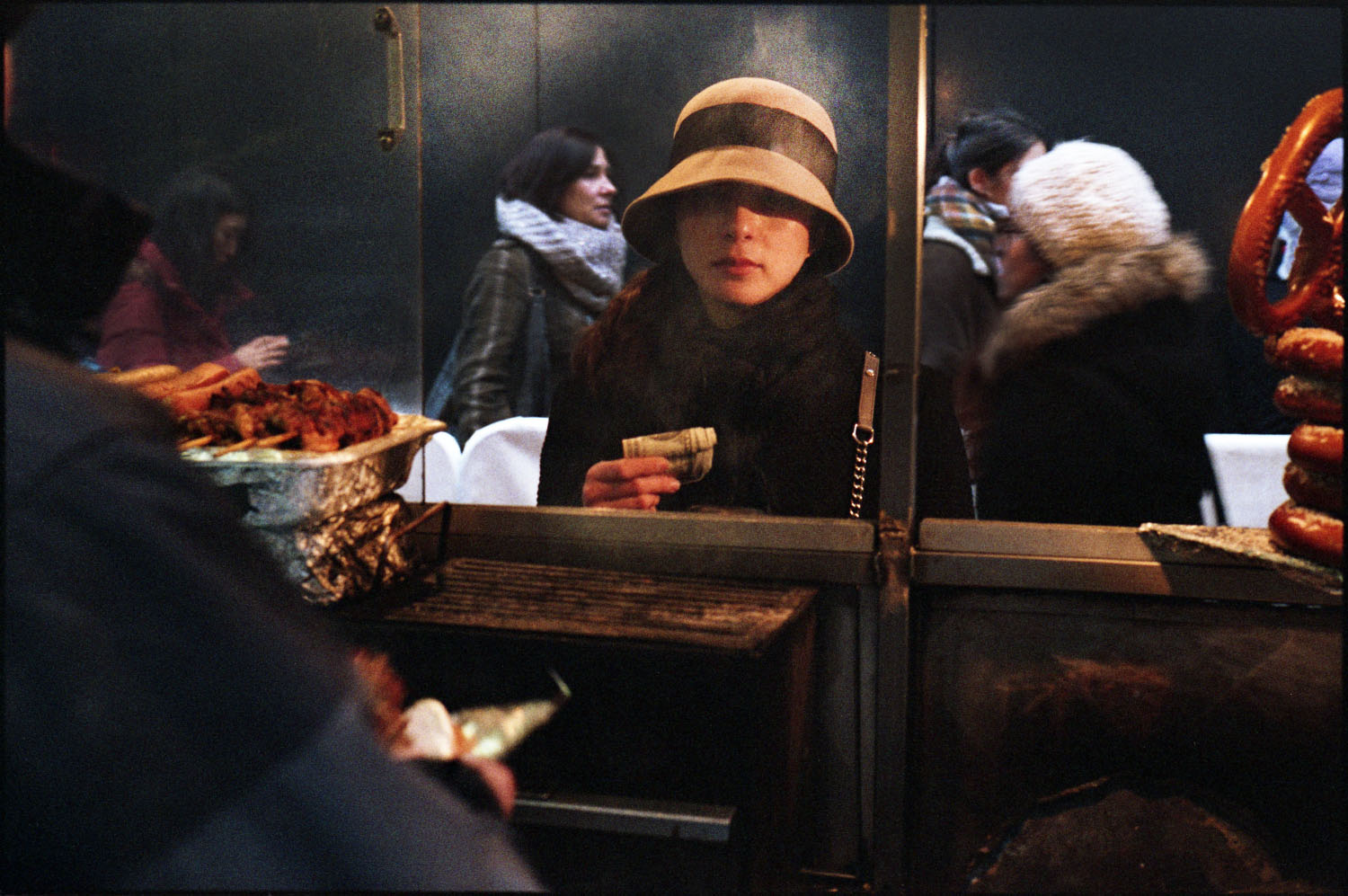
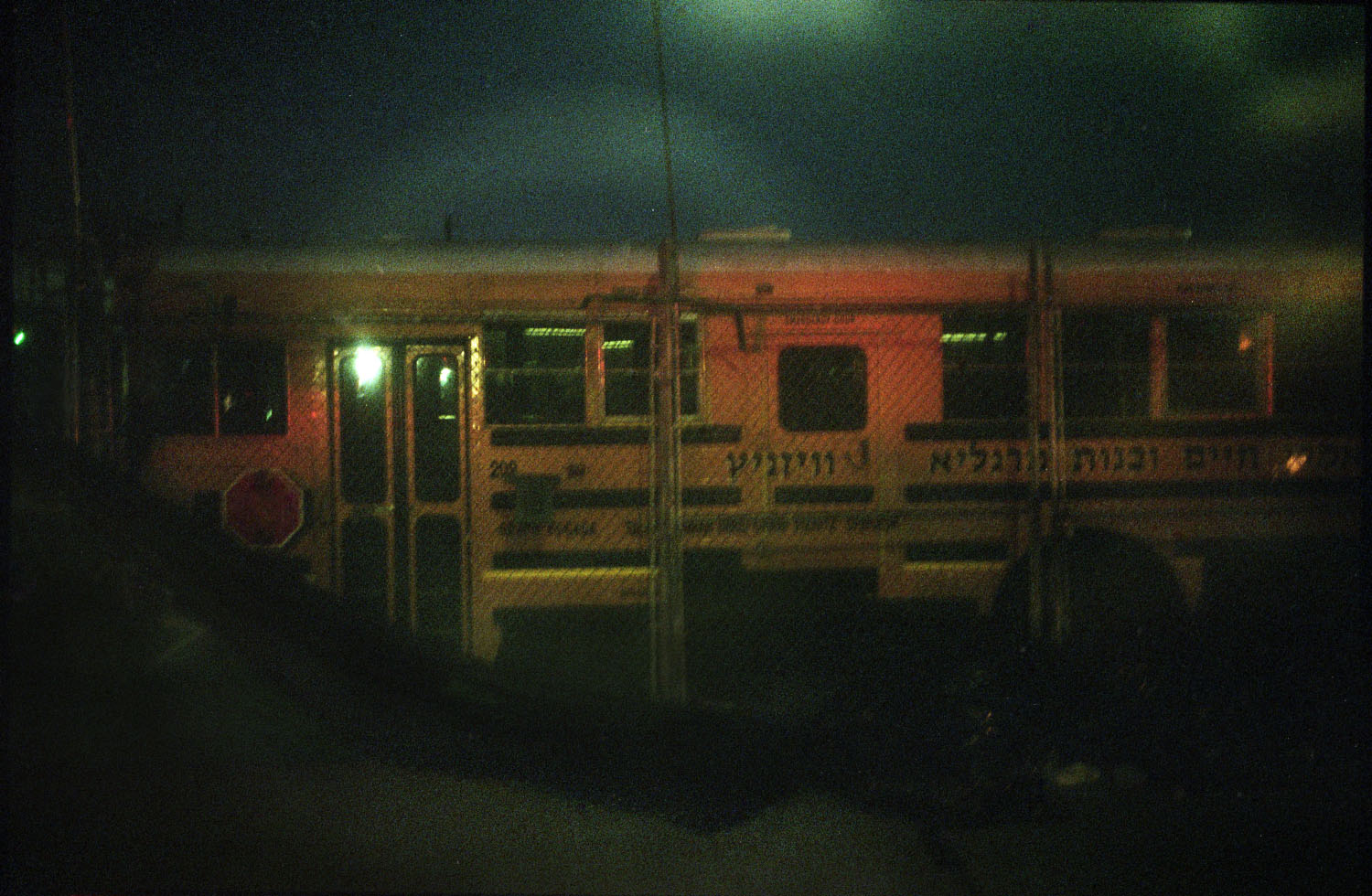
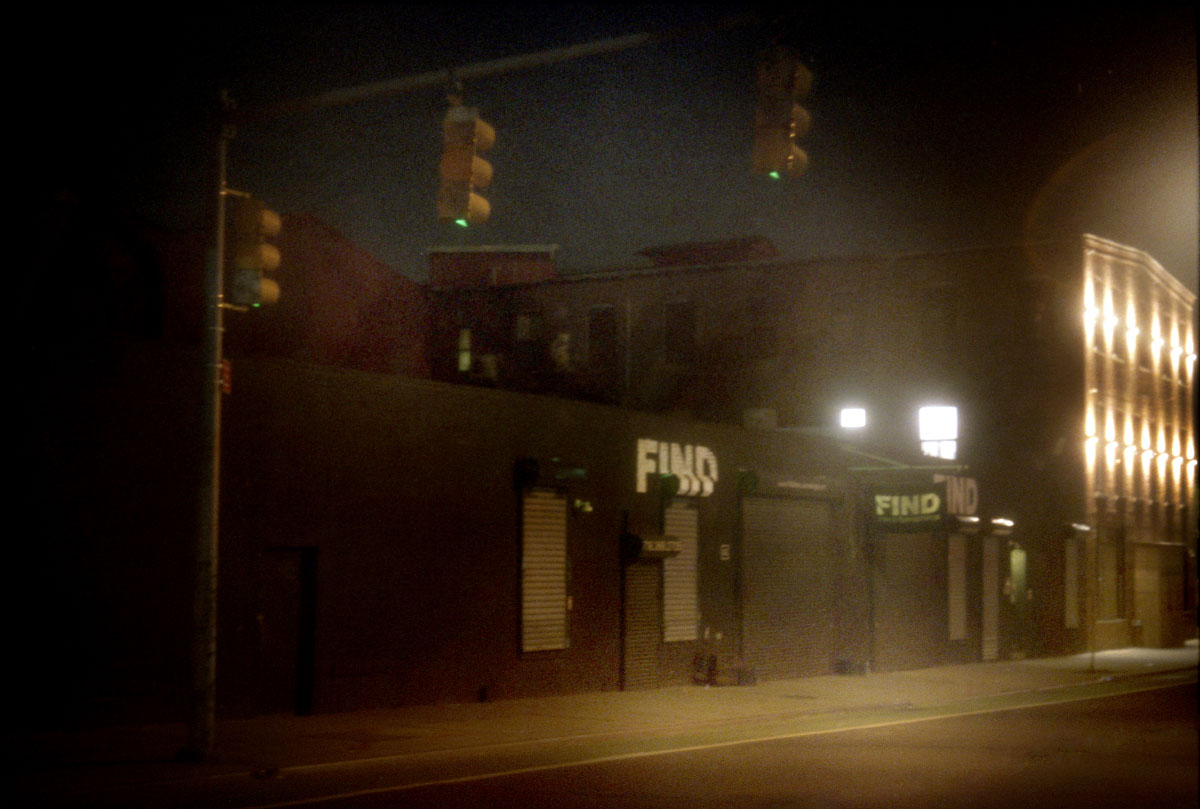
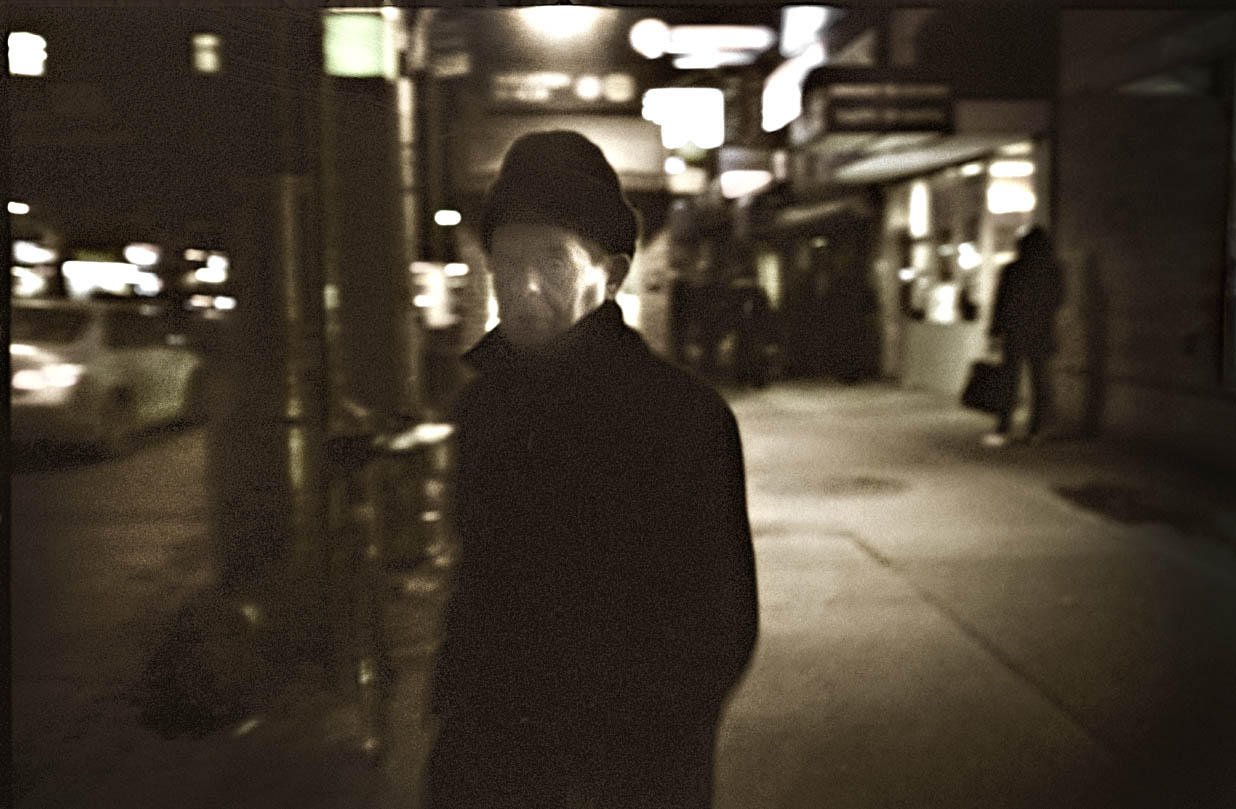
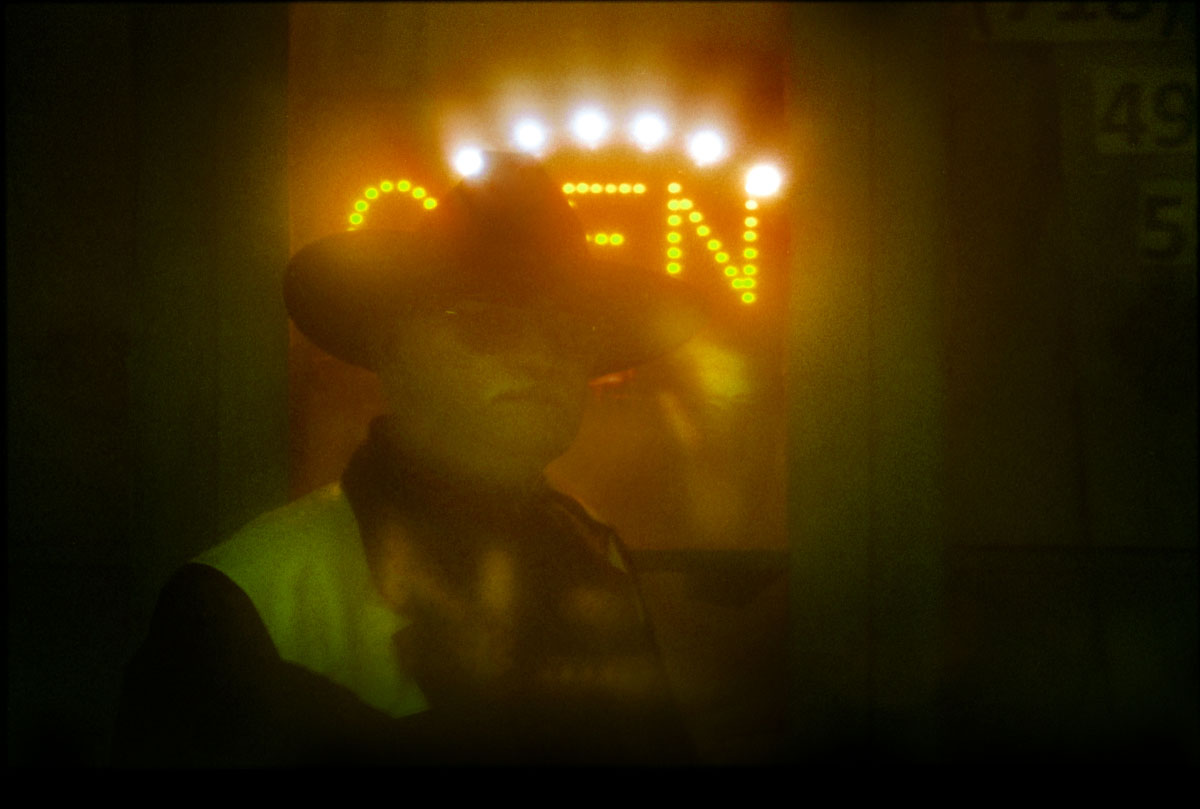
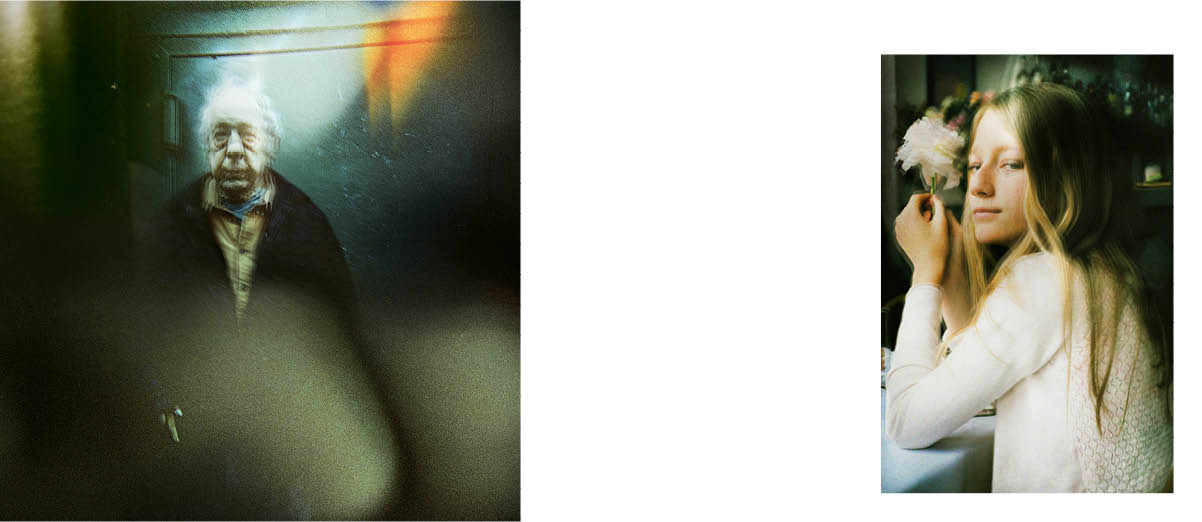
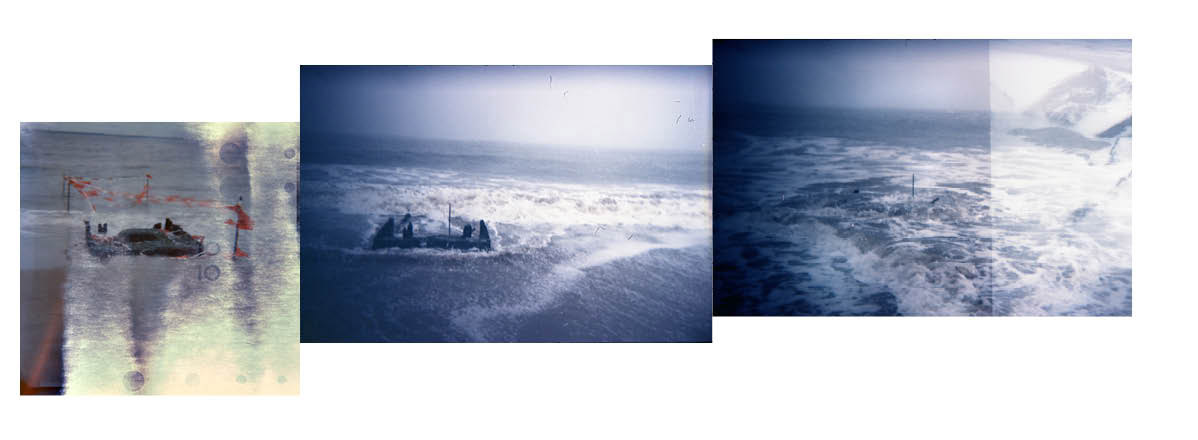
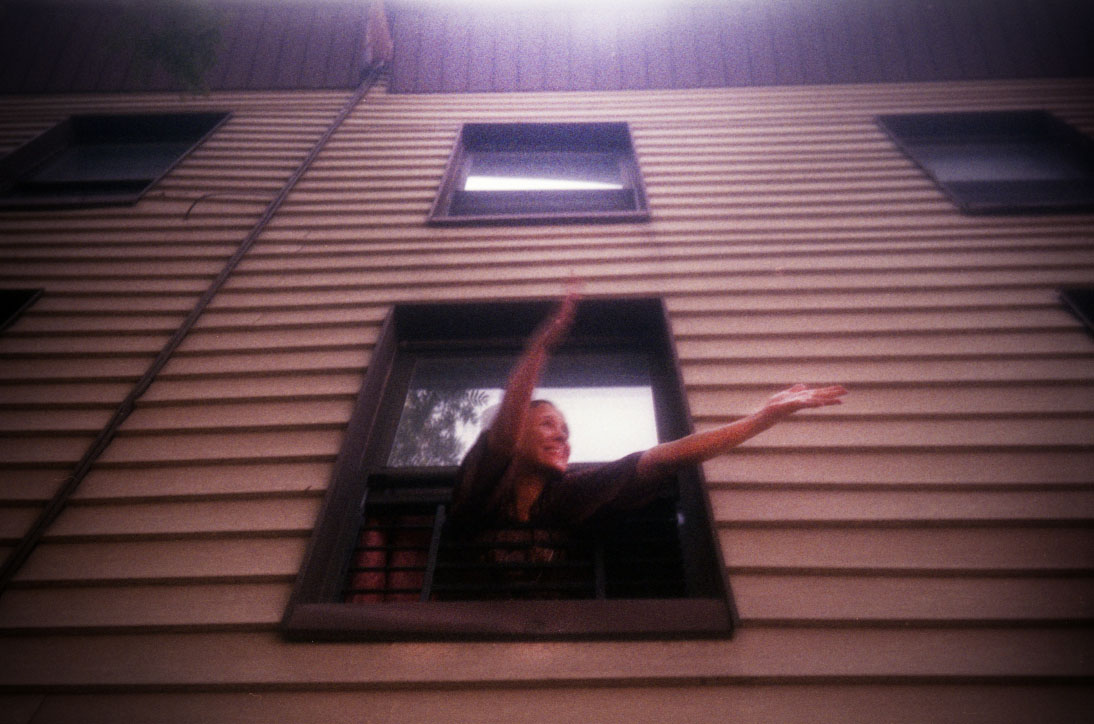
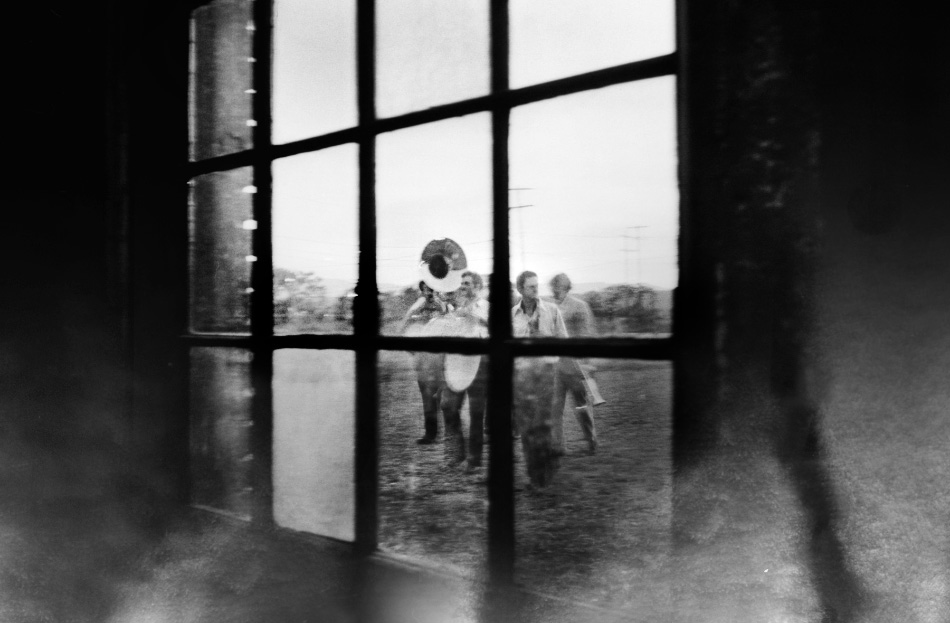
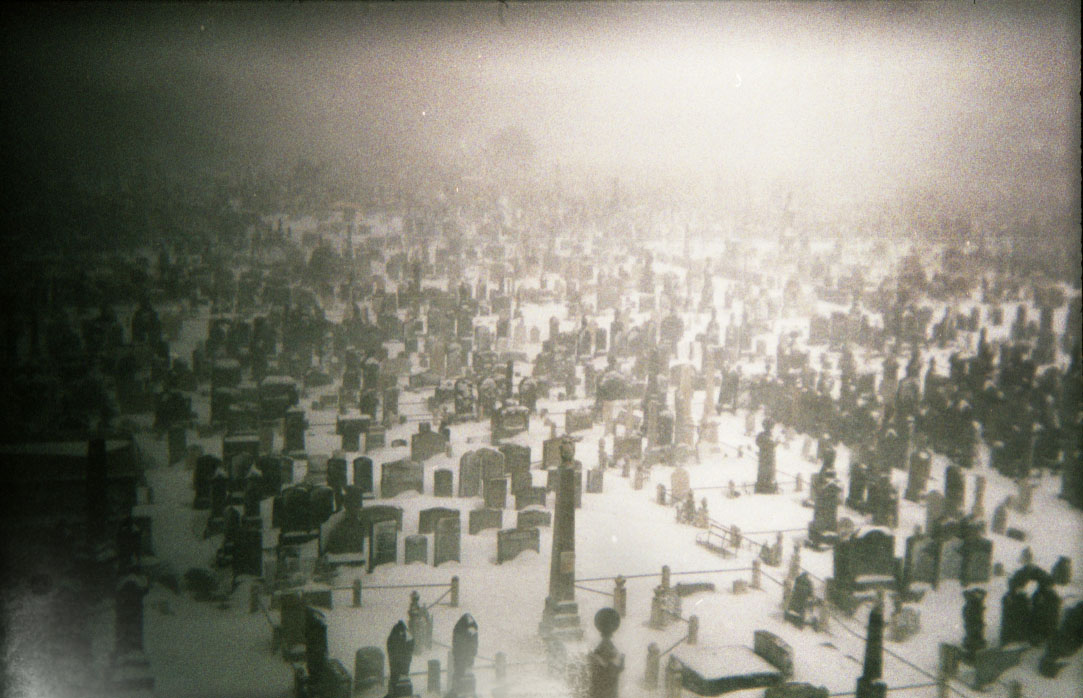
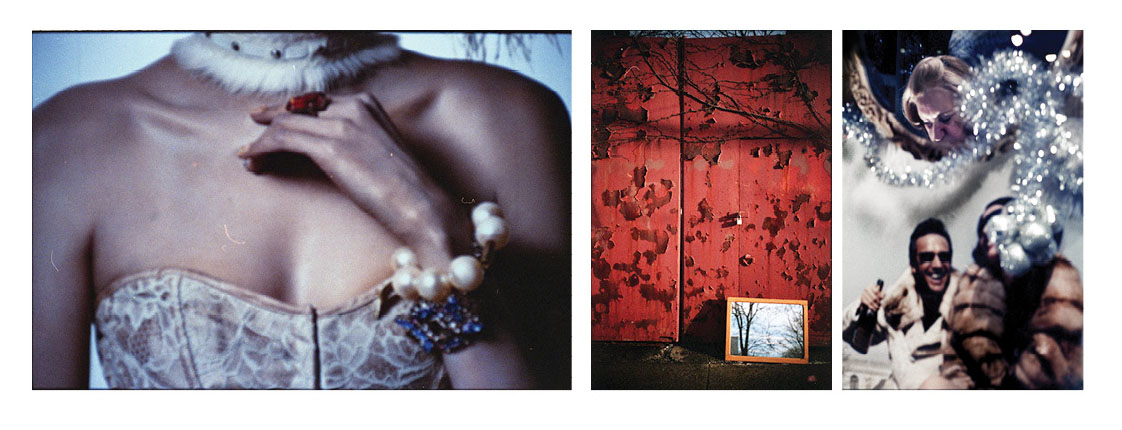
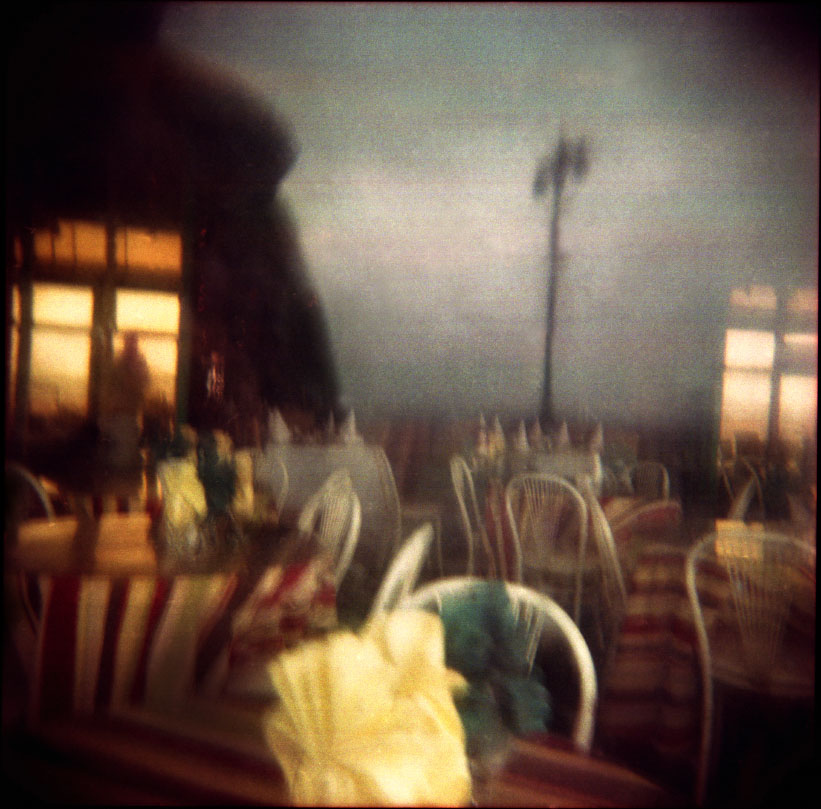
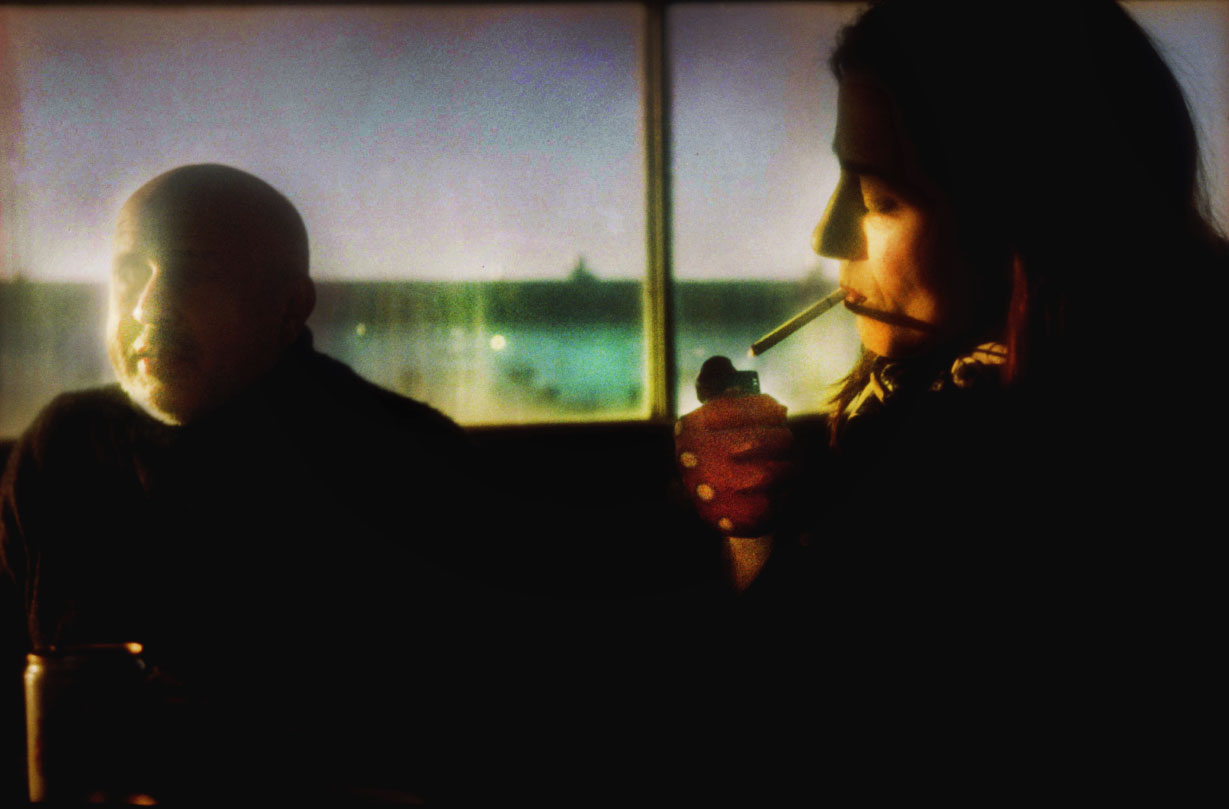
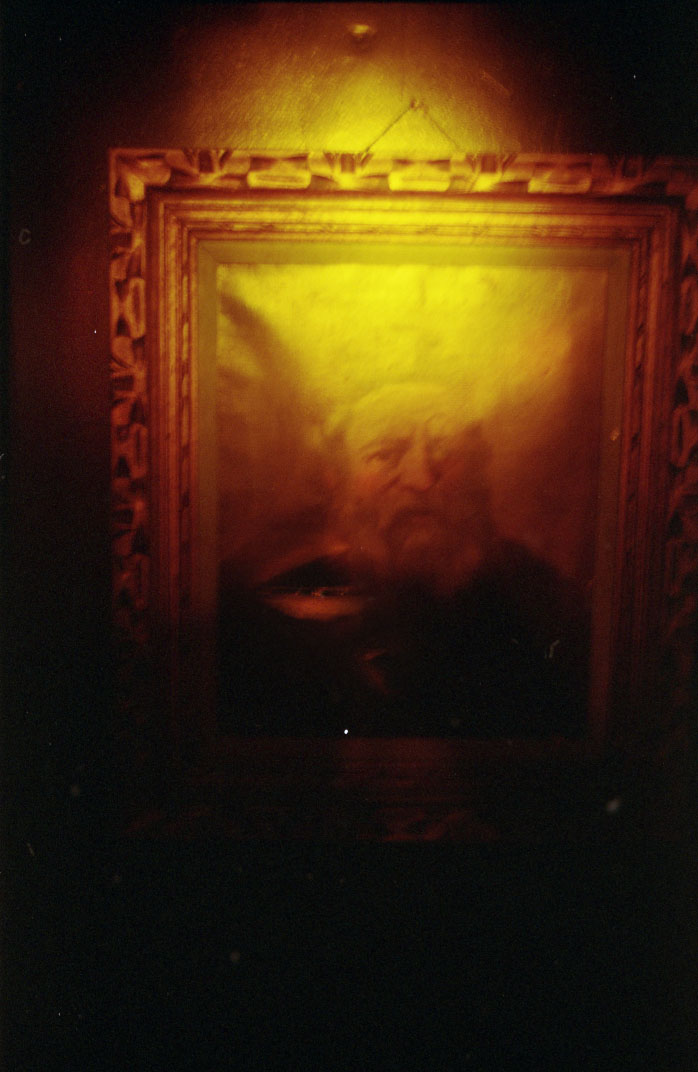
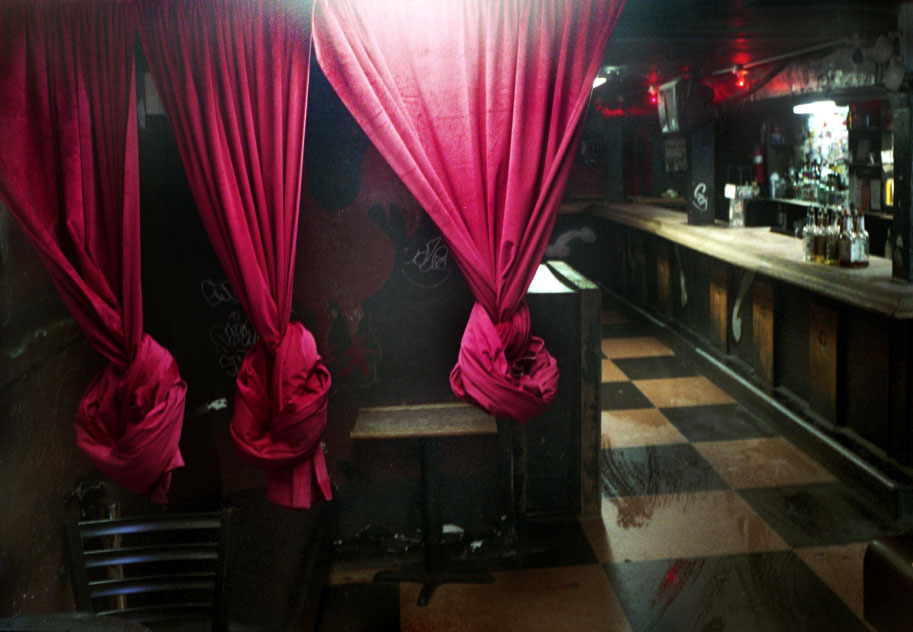
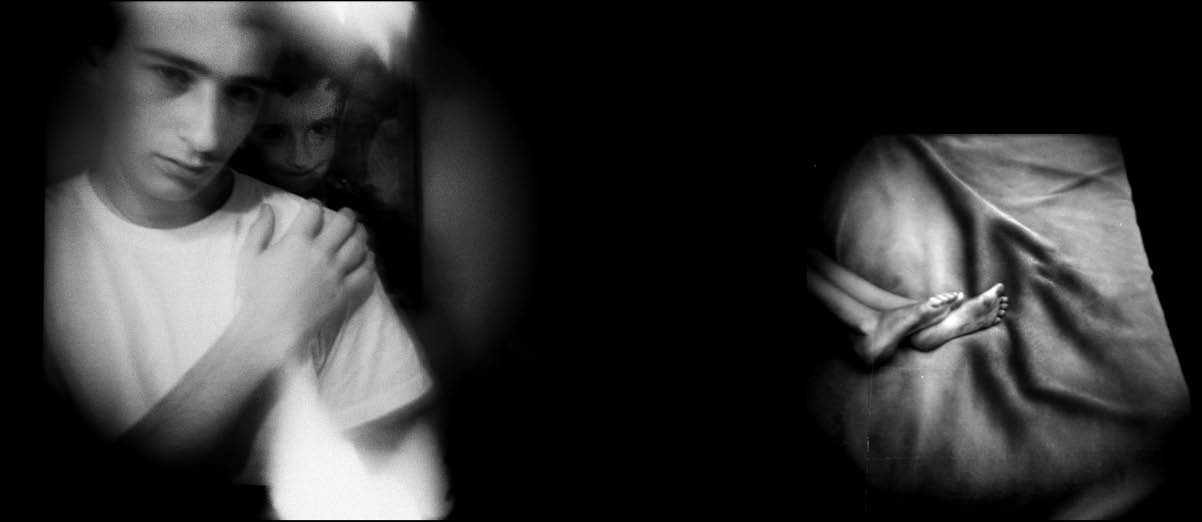
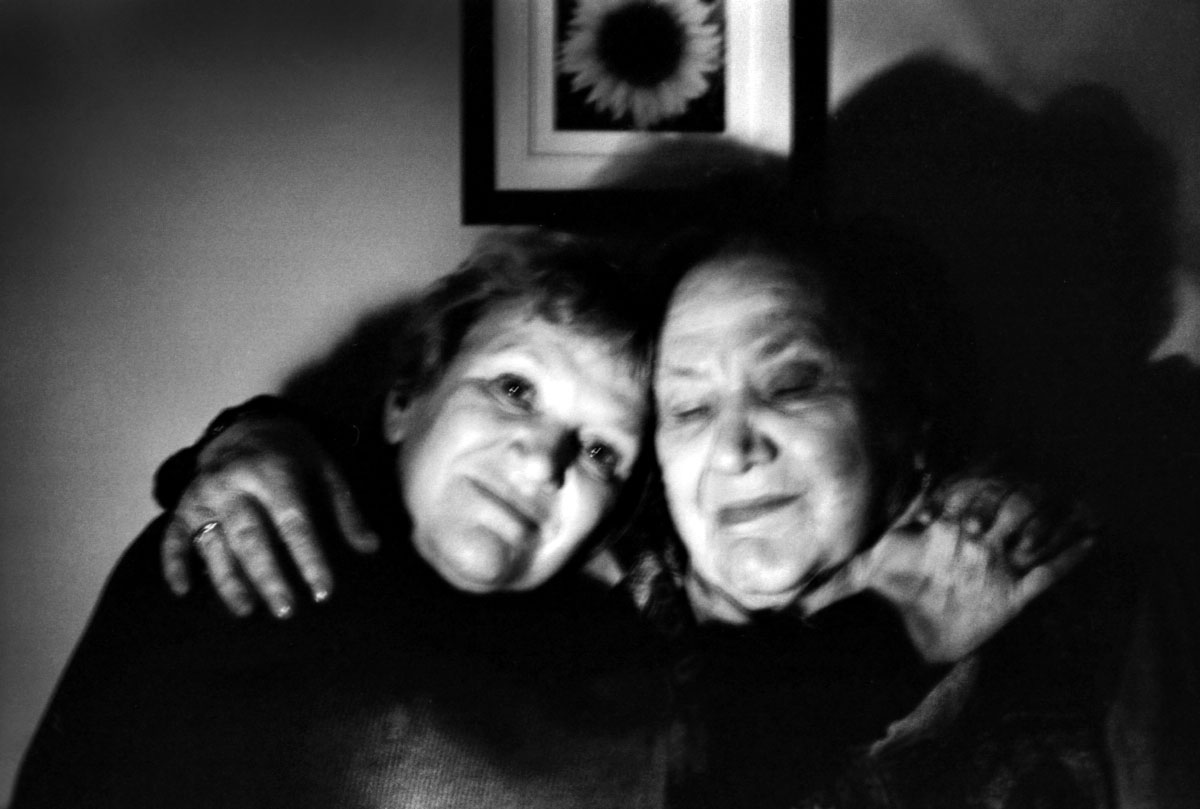
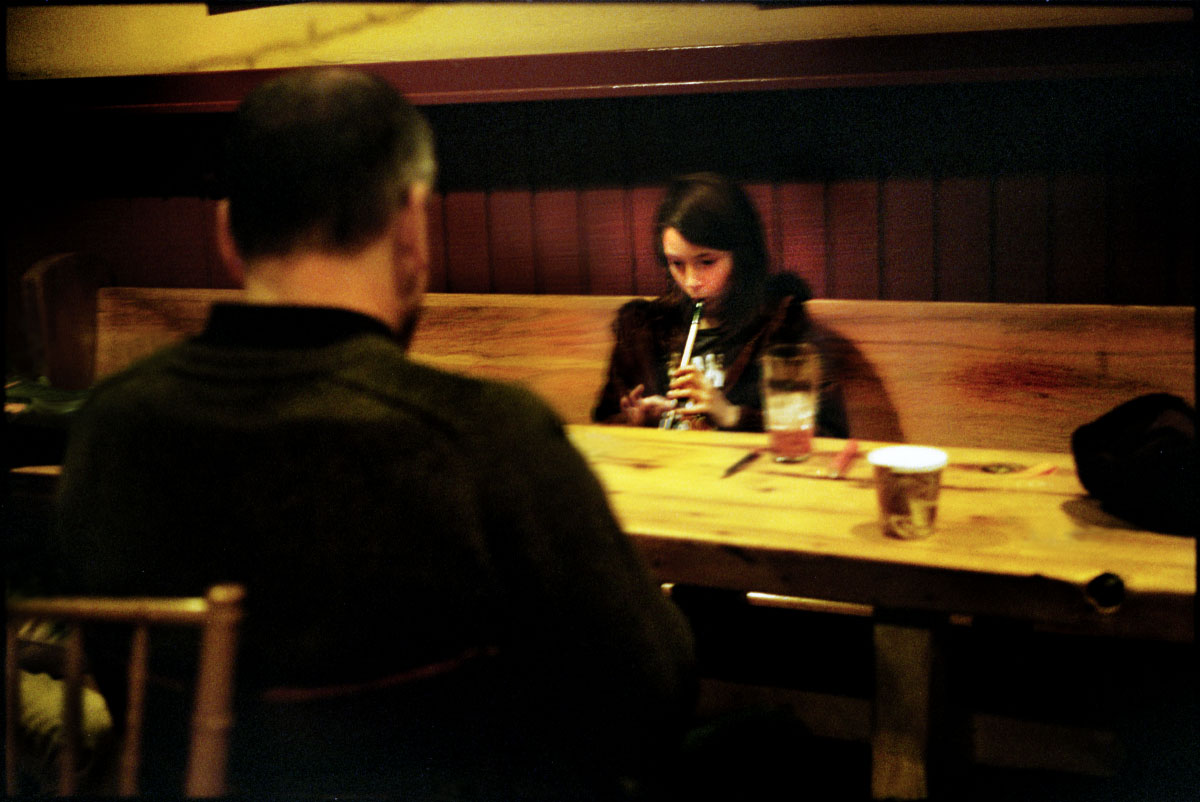
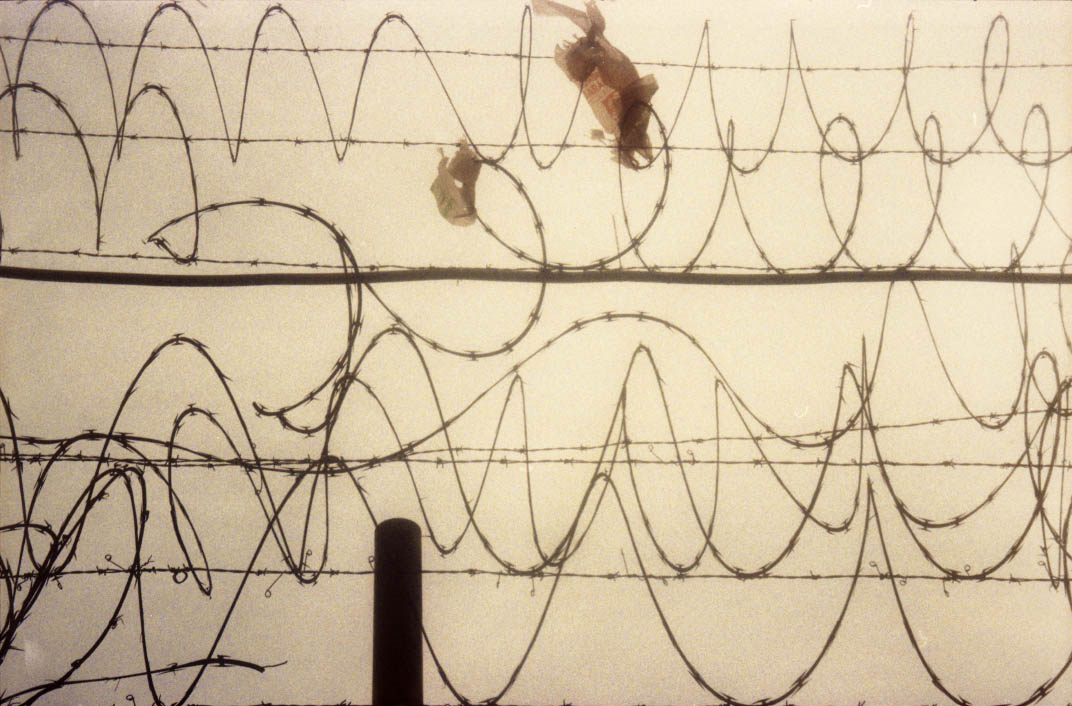
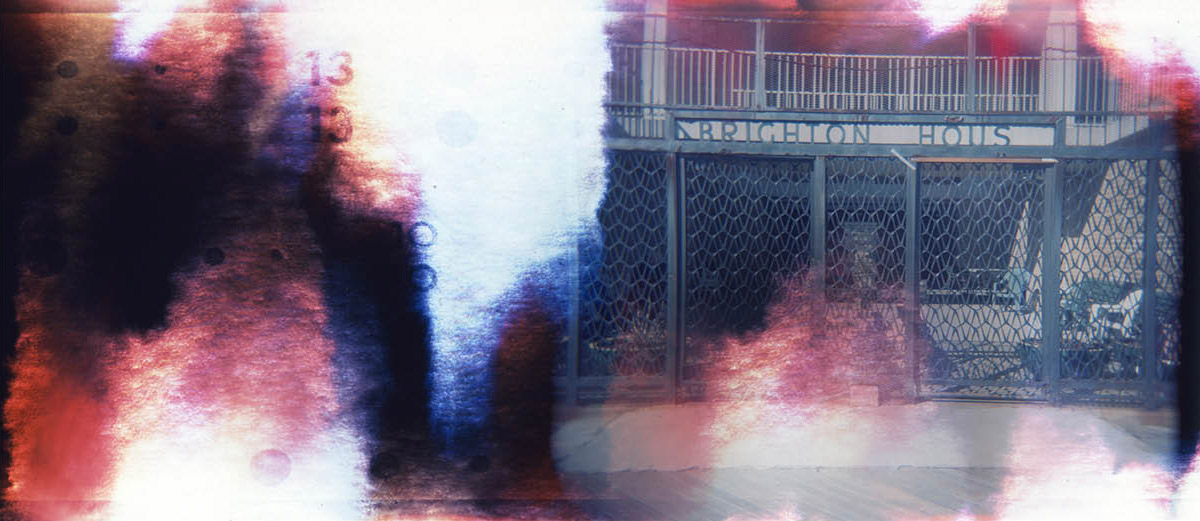
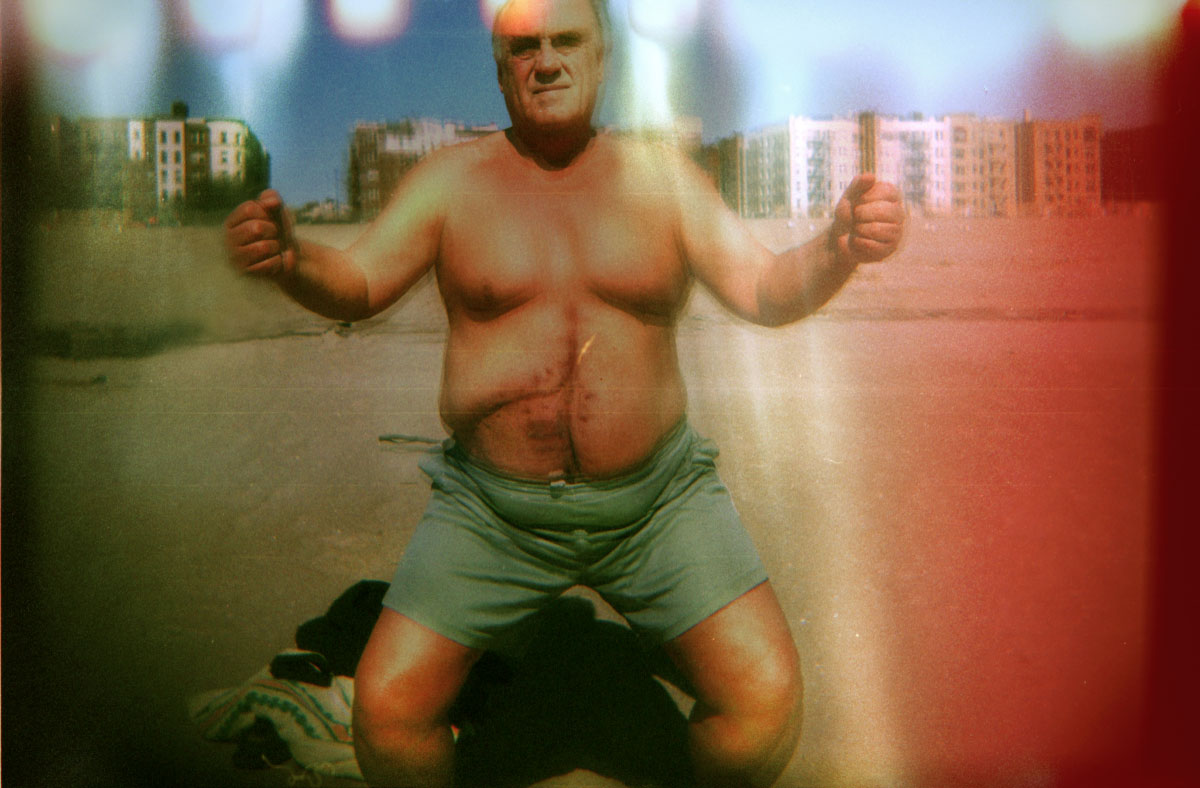
Cargó, Book Ex·cerpts,(2008-2021)
Published by Red Hook Editions in 2022.
Published by Red Hook Editions in 2022.
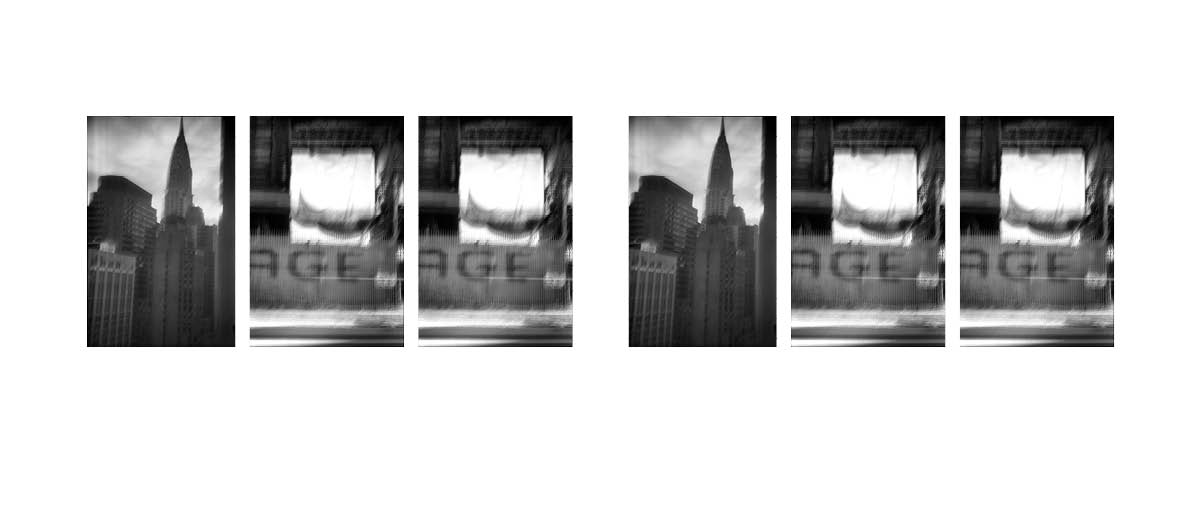
Cargó is a long term project exploring psychological and existential aspects of migration - collision of social, personal, and immemorial. It is primarily shot in the communities of immigrants from former Soviet Union in North America. Cargó also explores gradual disappearance and transformation of immigrant neighborhoods.
Further reading:
- Heidegger and the Thinking of Place, Exploration in the Topology of Being, Jeff Malpas.
- The Poetics of Space, Gaston Bachalard.
- The Wandering Jews, Joseph Roth.
- The Work of Art in the Age of Its Technological Reproducibility, and Other Writings on Media, Walter Benjamin.
- Sculpting in Time, Andrey Tarkovsky.
